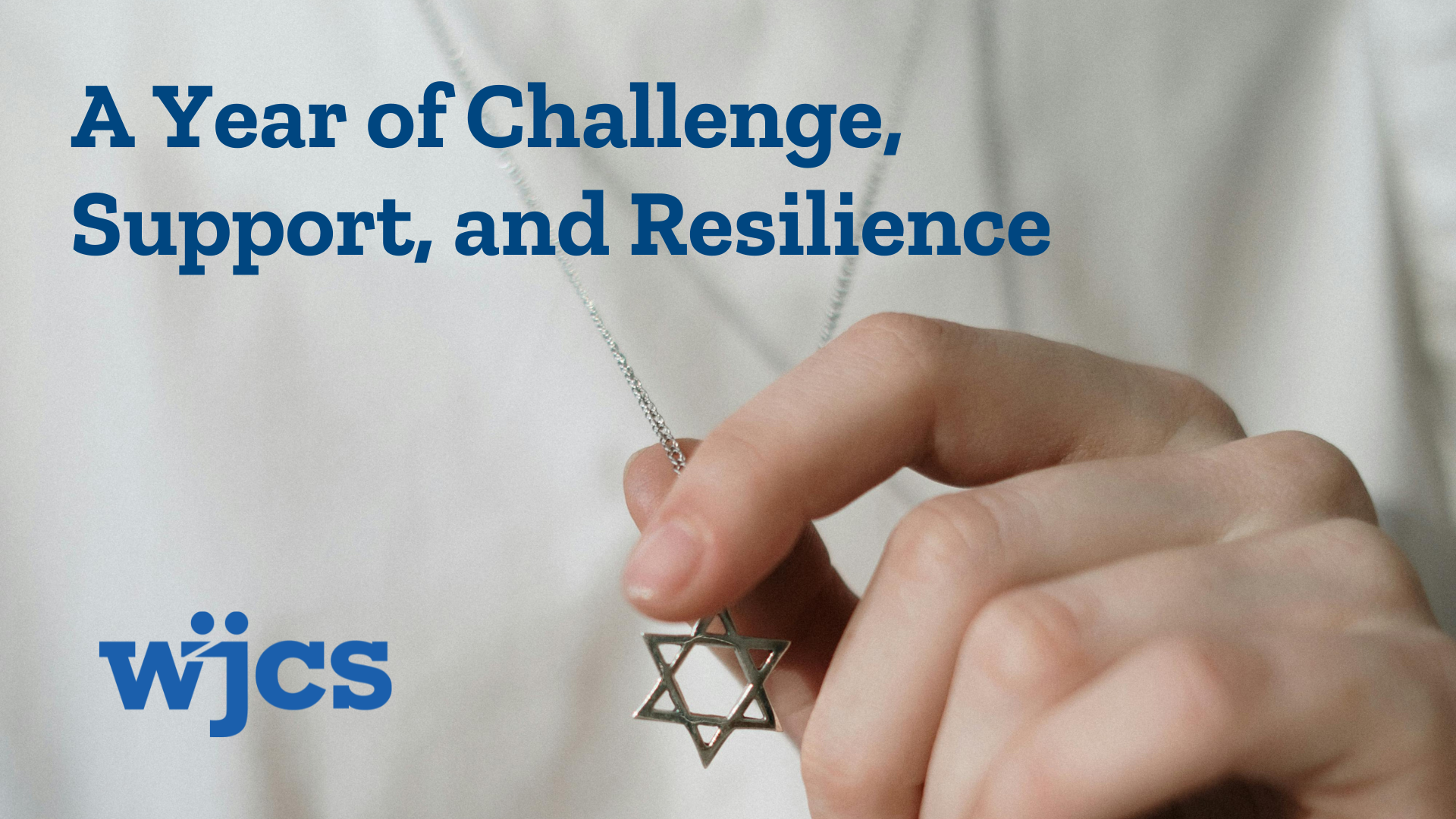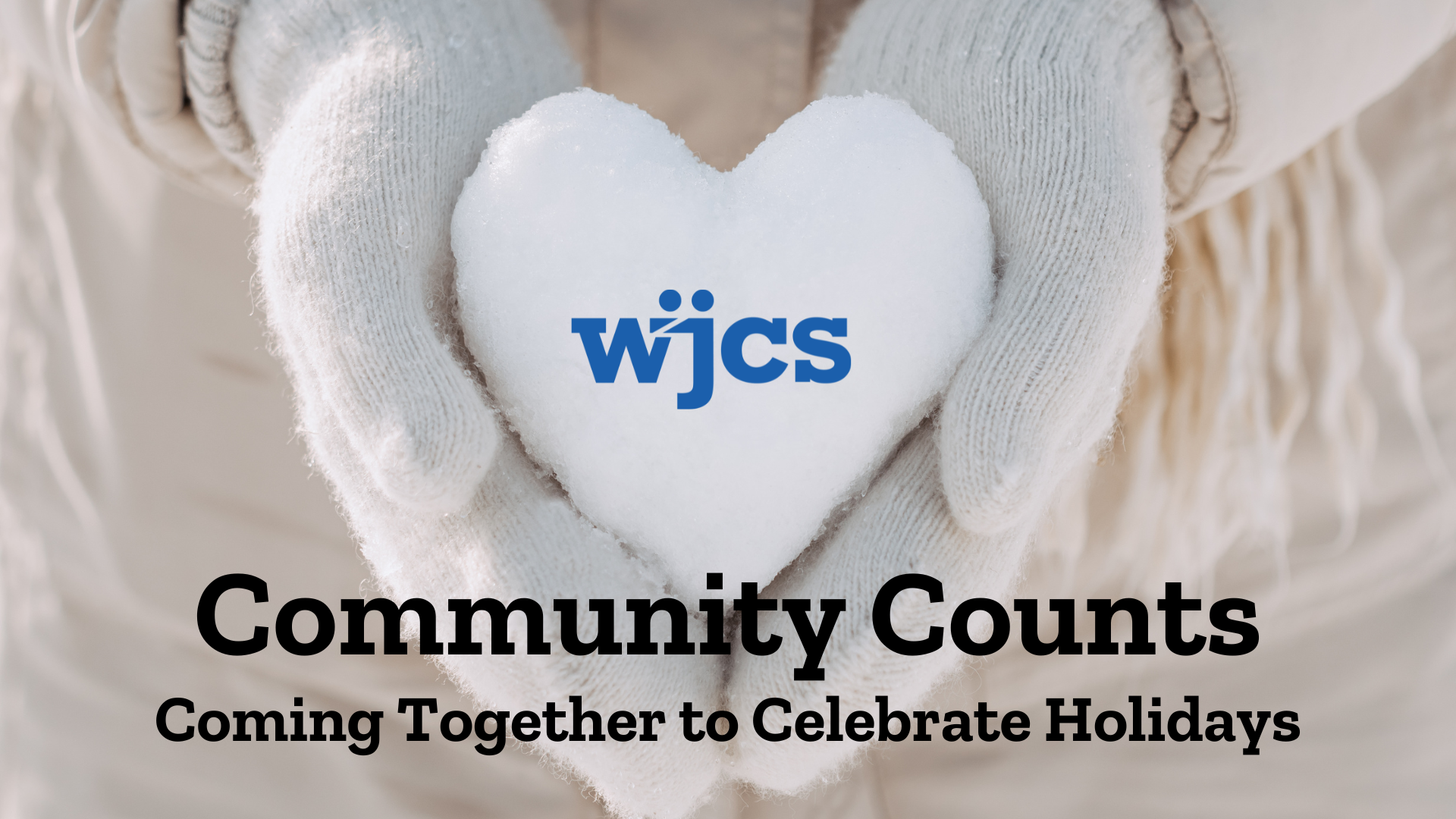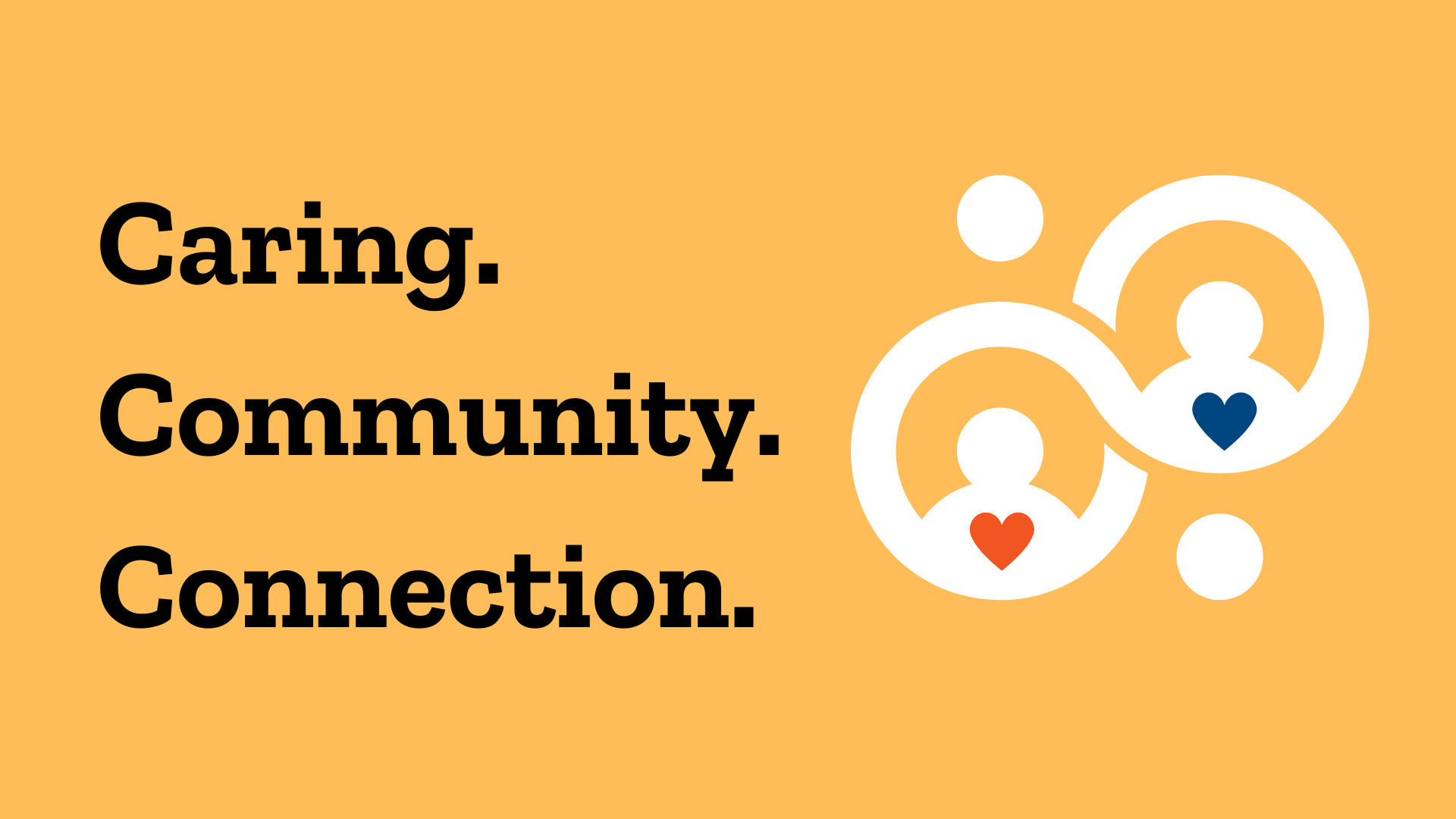These days, the word “mindfulness” seems to be everywhere. But what is mindfulness and why does it matter?
Harvard professor and developer of Mindfulness Based Stress Reduction, Jon Kabat-Zinn, gives the following definition: “Mindfulness means paying attention in a particular way: on purpose, in the present moment, and nonjudgmentally.”
Mindfulness involves a particular kind of attention – a purposeful attention to what we experience in this moment, and the next moment and the next.
And why is this important? How is mindfulness helpful in our daily lives?
If we can see what we are actually feeling, thinking and experiencing in the present moment, we then respond in an effective and caring way rather than just react. For example, if I become aware that I’m uncomfortable in this seat, I can choose to change seats, shift my position or just stay where I am, discomfort and all.
When we are more mindful, we move from being on automatic pilot and behaving in habitual patterns to living with greater clarity, choice, and compassion. We respond more thoughtfully and with greater wisdom and kindness to ourselves, in our relationships and in our lives.
Although mindfulness sounds simple, it is not easy to live in a mindful way, with a calm and kind moment-to-moment awareness.
For one thing, the mind can seem to have “a mind of its own” and doesn’t necessarily stay where you want it to. The Buddhist’s term, “Monkey Mind” aptly describes how the mind naturally jumps from one subject to another, looking for new stimulation or engaging in habitual thought patterns, the same “old ruts”, the same worries or self-recriminations. Mindfulness practice helps us train the mind to pay attention to the present moment, not the past or the future.
Secondly, given the constant demands and challenges of our fast paced lives, it is hard to slow down enough to pay attention to the present moment. While engaged in one activity, our minds are often elsewhere, thinking about the next item on our “to do” list or trying to figure out how to manage the ongoing pressure.
But if we are not mindful, if our minds are elsewhere or we are not connected to the present, we are more like to make poor decisions, have accidents, overreact to situations, or speak inappropriately or with an unkind tone. For example, if I’m walking down the aisle in a supermarket but I’m thinking about tomorrow’s job interview, I’m more likely to pick up the wrong bottle of salad dressing or worse, accidentally bang my grocery cart into someone else’s cart (or foot).
So how can we become more mindful?
We become more mindful by practicing skills which develop our capacity to pay attention. We learn to pause and slow down, to increase focus and concentration, to become aware of when we’re NOT paying attention and how, without criticism or judgment, to gently invite ourselves to return to noticing the NOW moment.
There are many way to increase our capacity to pay attention and bring awareness to the truth of any given moment. For example, in your morning shower, you can practice paying attention to the sensation of the water against your skin, the smell of the shampoo, the sound of the shower. Just being present in the shower. Or you can set your phone alarm to ring 3 times a day and when it does, you can pause for just 60 seconds, take a couple of easy breaths and ask yourself, “How am I doing right now?”
You can also engage in the very powerful and effective practice of Mindfulness Meditation, a practice that helps us develop the necessary skills of awareness and compassion that increase our capacities to be alert and present to our ever-changing lives, to bear the challenges that life brings and to acknowledge the many gifts and blessings that life also offers. Mindfulness can reduce our experience of suffering and further open our loving hearts to ourselves and others.
If you are interested in experiencing the practice of Jewish Mindfulness Meditation, please contact Ruth Rosenblum, LCSW at WJCS at (914–761-0100) for information about our Monday and Thursday morning meditation groups in White Plains. No meditation experience is necessary. There is no charge, however, donations to WJCS are always deeply appreciated. To learn more about WJCS programs, please go to wjcs.com.
Ruth Rosenblum, LCSW is a Certified Jewish Mindfulness Meditation Instructor who has been leading meditation groups for over nine years.
This article was first published in Westchester Jewish Life and is being published on wjcs.com with the permission of the publisher of Westchester Jewish Life newspaper.
Follow WJCS on Facebook, Instagram, YouTube, Twitter, and LinkedIn. @WJCSWestchester




